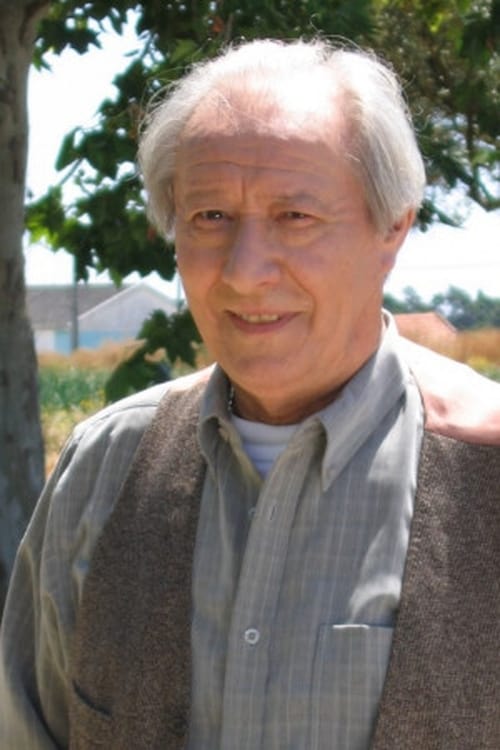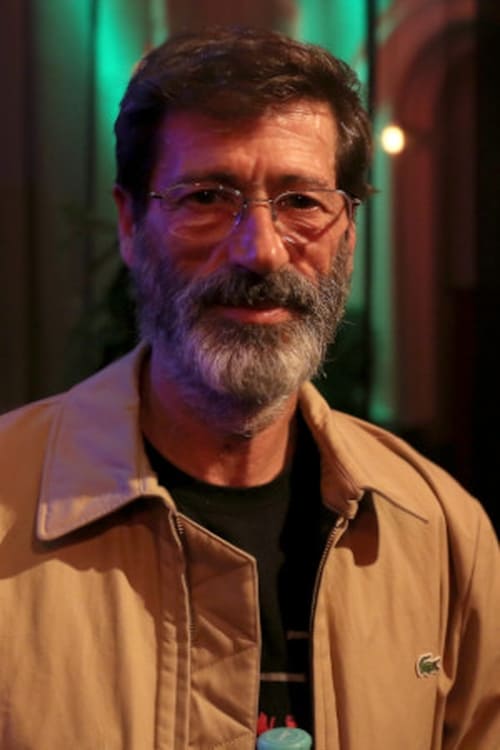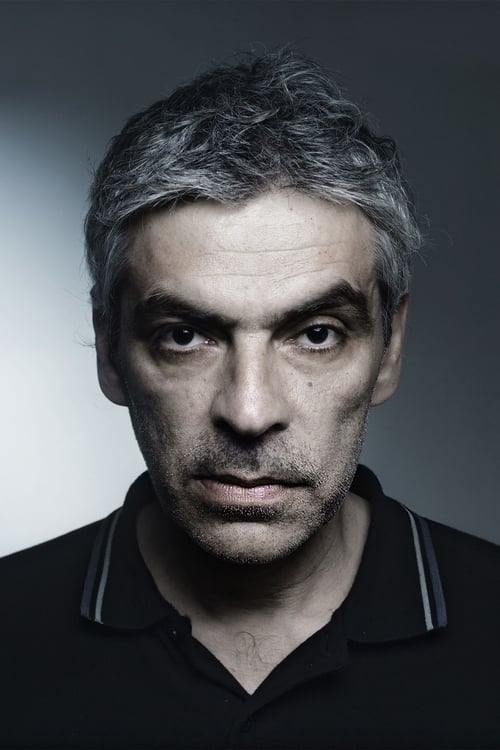A Portuguese Farewell (1986)
장르 : 드라마
상영시간 : 1시간 25분
연출 : João Botelho
시놉시스
In Africa, during the colonial war, a patrol is lost in the bush and a soldier dies in operation. Twelve years later, in Portugal, the soldier family meets in peace.

The film was to be a documentary, but evolved during production to a fictional film. It nevertheless adheres strictly to the poems and letters exchanged by two of the most outstanding names of the Modernist Movement, Fernando Pessoa (in Lisbon) and Mário de Sá-Carneiro (in Paris). Their endless conversation was dramatically and suddenly terminated.

A sheltered aristocratic woman in feudal Japan, bored and unfamiliar with the world outside her estate, passes the time copying a special Buddhist sutra sent by her father who has been absent on official business for years. While gazing out her window one late afternoon, the setting sun creates a vision of a holy figure in the distant mountains.

Lisbon, today. In a room of a house at Douradores Street, a man invents dreams and theorizes about them. The essence of the dreams itself becomes physical, palpable, visible. The text itself materializes in its musicality. And, in front of our eyes, this music can be felt with the ears, brain and heart. It spreads itself in the street where the man lives, in the city that he loves above all and over the entire world.
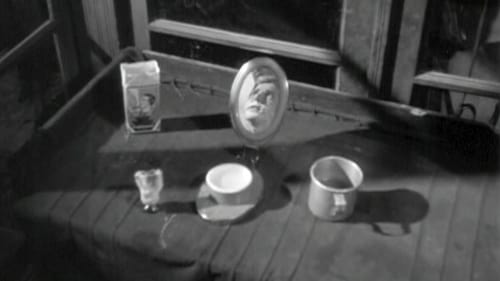
This Portuguese drama examines the daily life minutiae and intrigues of two scions of society in the rural village where they live. One is a wealthy landowner, the other a widowed aristocrat who lives in a world of her own.

The film follows soldiers escape and wander, talk, and drift aimlessly.

This exaggerated mockery of crime cinema tells the story of a gang lead by "Renato, o pacíficio" (Renato, the peaceful) and their attempt to steal precious jewels from the Gulbenkian Museum in Lisbon. The weapon of choice? Bees!

During the war of in-dependency Evita moves from Lisbon to Mozambique to marry Luís. She slowly discovers how different and disturbing life is in a country of war and when her husband is send on a military mission she starts to fight loneliness. Over time she finds out more about her husband and Mozambique than she would have imagined in her peaceful European home. Racism, violence, injustice and fatalism make life unbearable...

Lisboners (people of Lisbon) celebrates the ancient notion of citizenship, the right to the city in the making, in each migrant’s daily life, living and working. It is set in Lisbon but it happens in London, New York, Paris, Rome… anywhere. The Lisboners are people from Brazil, Guiné-Bissau, Nigeria, China, Pakistan, India and Bangladesh, Ukraine, Moldavia, Russia, and Estonia.

During one winter night, a Portuguese teenager, Alvaro, loses his life in a fight between a youth gang and the cops in a suburb of Paris. Cidalia, a 36 year old cleaning woman, his mother, decides to defy the code of silence of the Portuguese community and tries to find the truth. She losses her friends, her job and her family but gains a life.

A young man from a high-bourgeois family, Henrique receives mysterious phone calls from a woman at the barracks where he is serving in the military, which attracts him to meetings without consequences.

Catarina Menezes is a bisexual TV reporter who decides to have a child on her own and chooses Spanish humanitarian doctor Rafael to father the child, setting up an elaborate charade to lure him into her bed. When Catarina reveals her pregnancy, though, her current live-in girlfriend doesn't take to it kindly and promises to make Catarina's life hell; to make matters worse, Rafael finds out her true identity and comes to Lisbon to see her. And Catarina's sole refuge is in the arms of fellow journalist Francisco, her professional relationship slowly becoming a romantic one.

The tribulations of two friends who, in despair, start begging from door-to-door, and are given a bundle including, literally, a pair of deadman's shoes

Two lovers meet again in strange circumstances, when she is a recent widow not particularly grieving, and he is a divorcée mourning his daughter. They reunite, only to break again - this time for good.

Adaptation of a 1987 novel by Agustina Bessa Luis, a multi-generation exploration of a wealthy family with a mysterious past and a house on the island of Madeira.

포르투갈 식민지 전쟁에 참전했던 한 군인이 자신의 고향인 작은 어촌 마을로 돌아온다. 그러나 그가 떠나 있던 동안 마을의 많은 것이 변했고, 군인은 그런 환경에 쉽게 적응하지 못한다. 올리베이라의 에 조감독으로 참여했던 파울로 로샤 감독이 다큐멘터리적 방법론을 사용해 만든 독특한 극 영화.

A portrait of the everyday life of a typical middle-class family in parallel with the fall of the "Estado Novo", the 48-year dictatorship led by Salazar. The daughters' conflicts and frustrations with their parents, their grandmother and their maid find an obvious echo in the country's collective events. The Carnation Revolution is about to explode.
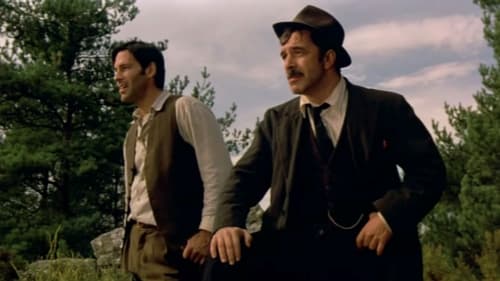
Portugal, late 1940's. André must leave the country after running away from prison. In Oporto some friends get him a guide, Lambaça, a smuggler who knows very well the Trás-os-Montes border from Portugal to Spain.

An experimental and surreal film, a mix of weird and unusual "avant-gard" cinematography with some traditional icons of the Portuguese culture, like Fado or the typical neighbourhoods of Lisbon, in this case the "Bica" is a typical neighbourhood which is used as setting to the plot.

Young Jesus is taken on a vacation by his parents (Rita Blanco, Adriano Luz) to a deserted beach resort. They accidentally fall into overnight wealth after Jesus digs in the sand, uncovering a large drug stash. Others characters intersecting here include an alcoholic actress, a philandering banker, a general trafficking in arms, priests who close their church and head north as hitchhikers, politicians who watch an all-girl production of Julius Caesar, and beggars who recite a children's story in a huge heap of trash.

In Portugal, in the 60s, the corpse of a man appears on Dog's Beach. The corpse is identified as the major Dantas, a man wanted by authorities after his escape from a military prison where he was awaiting trial for insurrection.




